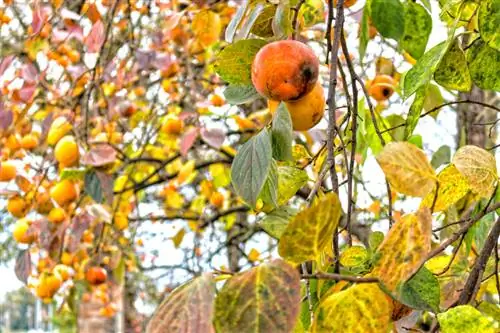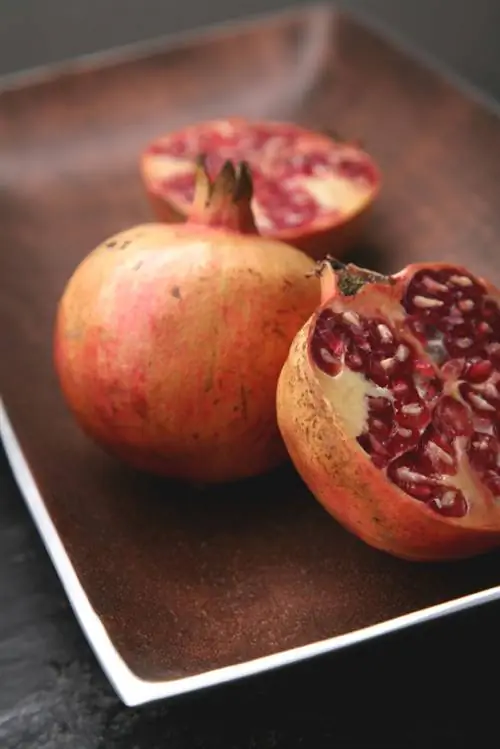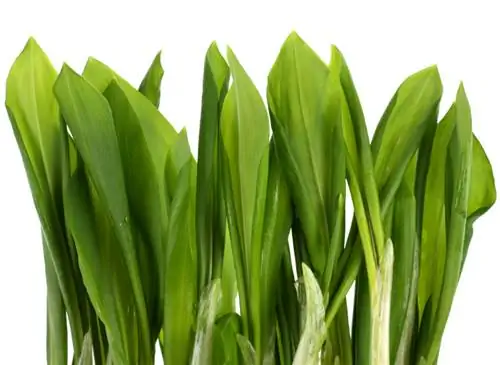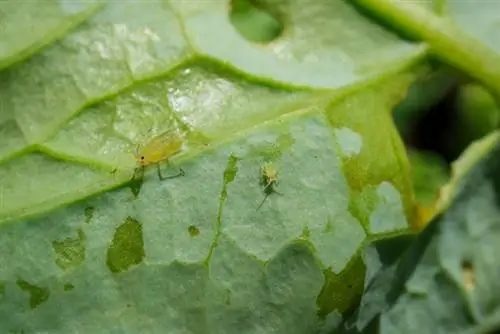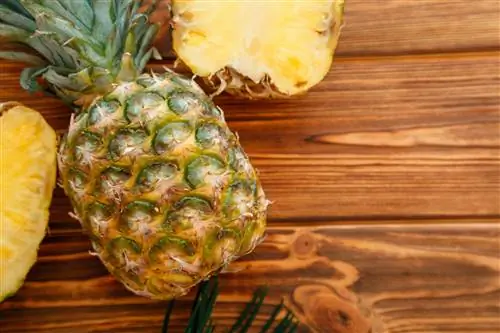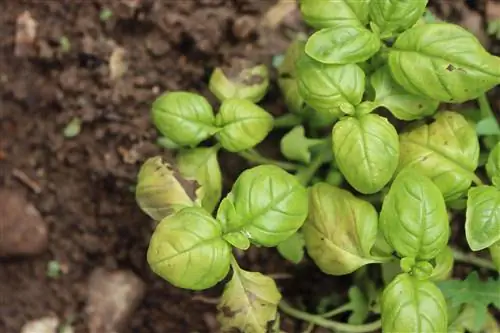- Author admin leonars@hobbygardeners.com.
- Public 2023-12-16 16:46.
- Last modified 2025-01-23 11:20.
A persimmon fruit is very nutritious due to its high sugar content. The sugar contained in the fruit can cause brown spots in the flesh as it ripens, but these are harmless. A very ripe persimmon should be eaten soon.
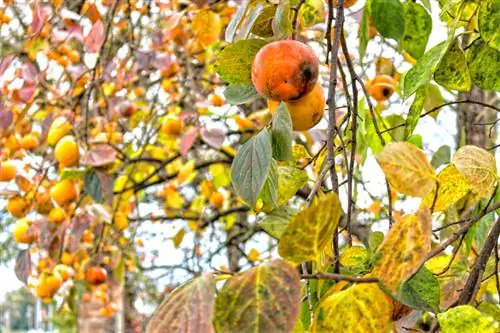
Are brown spots on the persimmon fruit harmful?
Brown spots in the persimmon fruit are due to the high sugar content and are harmless. However, they indicate that the fruit is ripe and should be eaten soon to avoid a mushy consistency.
The persimmon or Sharon tastes fruity and fresh like apricot, pear and honeydew melon. A ripe persimmon has a fairly high nutritional value with around 70 calories per 100 g. The high sugar content can cause brown spots in the flesh of very ripe fruits. Although these are not a sign of rot, they do indicate that the fruit has limited shelf life and should be eaten soon. Otherwise, its consistency will suffer and it will become mushy.
What does a good persimmon fruit look like?
Only the ripe fruits develop their full aroma and are sweet as sugar. Their peel shines in a strong orange and is almost transparent in the case of persimmons and shiny and smooth in the case of Sharon fruits. When buying persimmons, you should make sure that the peel is undamaged. Firm fruits are a little lighter, last longer, but - depending on the variety - may still be unripe and can taste furry. Such fruits should be stored at room temperature for two to three days until they are ready to eat. They will last two to three weeks in the refrigerator.
How do you recognize a bad persimmon fruit?
A bad persimmon fruit does not necessarily mean that it is spoiled. Rather, she can
- be overripe and therefore mushy or
- unripe and therefore taste bitter due to the tannins contained in the fruit and cause a furry-feeling taste in the mouth.
If the skin of the persimmon has small damage, the fruit can simply be peeled or halved and then spooned out.
Tips & Tricks
The ripe persimmon or Sharon fruits can be easily processed into jam or marmalade. To do this, however, the fairly solid shell should be removed.

